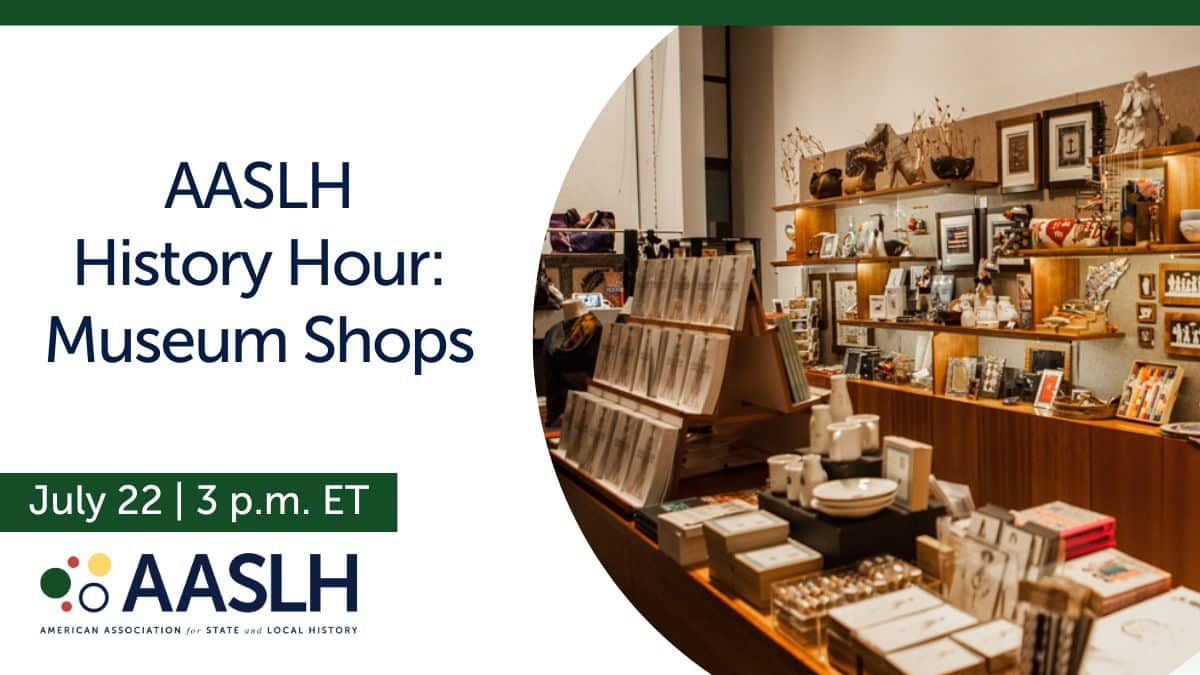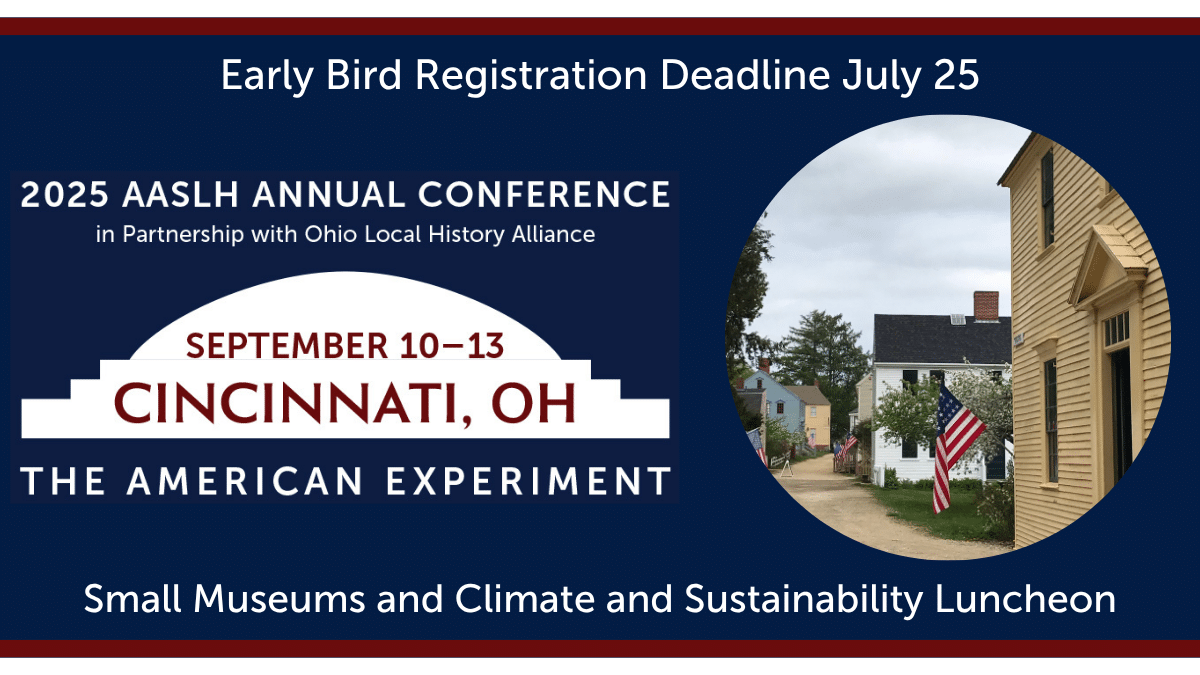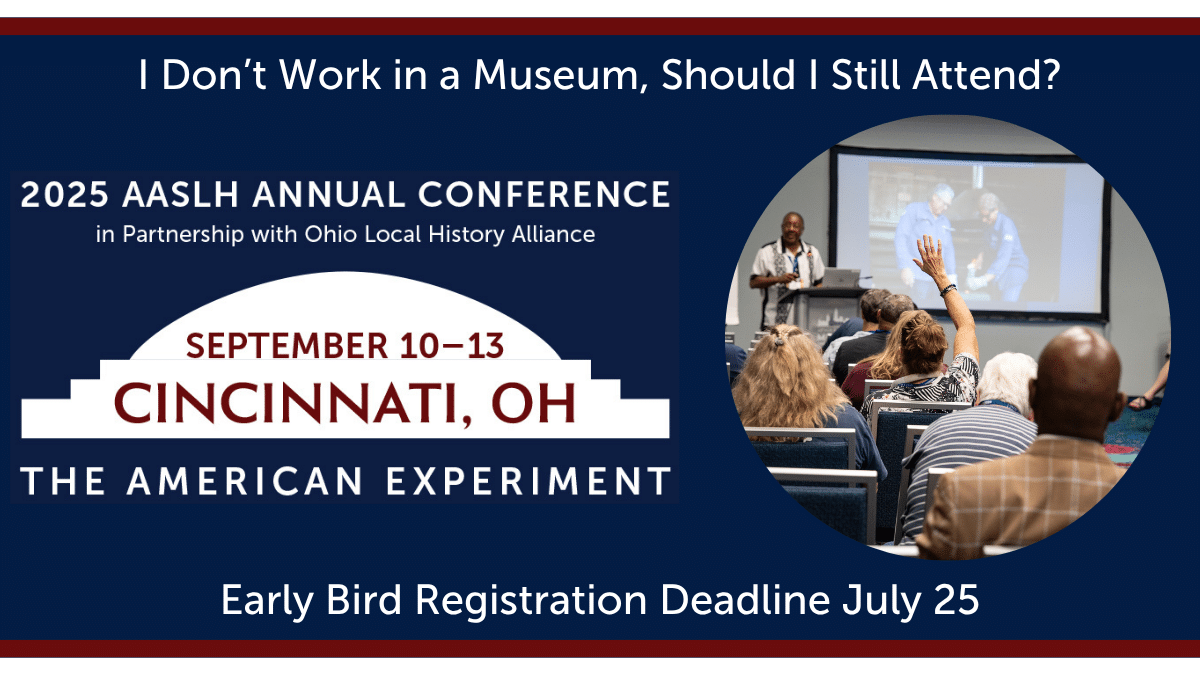 I recently attended the sixth annual – and my second – Museum Advocacy Day held in Washington, D.C., and hosted by the American Alliance of Museums. What a difference a year made!
I recently attended the sixth annual – and my second – Museum Advocacy Day held in Washington, D.C., and hosted by the American Alliance of Museums. What a difference a year made!
Meeting on Capitol Hill with other museum champions from across the country was an enriching experience. The more Advocacy Days you attend, the more familiar you become with the entire decision-making process. You also note surprising differences as legislative priorities change.
For example, here’s how 2013 and 2014 differed:
- “Sequester” – The dirty word only whispered in dark corners last year was no longer an issue. Representatives and staffers were much more candid and positive about how the museum agenda would fit into the upcoming budget announcement.
- Our requests – Last year’s and this year’s requests focused on funding for the Institute of Museums and Library Services (IMLS). Although the needs of different agencies always compete for a representative’s attention and consideration, this year we could focus exclusively on maintaining the IMLS budget – a budget that is bi-partisan and already authorized.
- Meetings – We had multiple meetings with staffers we met last year (which is a very good thing!). Staffers and representatives have many meetings every February and March, so seeing the same faces year to year fosters a positive, long-lasting and productive relationship with those people.
- Familiarity – Advocacy isn’t a solo mission. Your group’s chemistry is crucial if it’s to be effective. Developing ongoing partnerships with other museum advocates from your state makes for smooth meetings with clear and accurate messages.
Sure, advocating year-round at home is vital, but Museum Advocacy Day caps off all of your efforts. Your representatives remember and appreciate when they see that you’ve taken the time to travel a distance to champion your cause.
Attending Advocacy Day every year is especially important for small museums. Representatives probably know about the bigger institutions in their districts, but those of us working in smaller museums need to continue to write letters from home and travel to Capitol Hill to ensure they are aware of our particular needs, too.
Speaking for small museums matters the most because they provide a legislative district with unique services that larger museums don’t. So, don’t just think about attending Advocacy Day next February. Pledge to attend Advocacy Day as often as you can. Your presence makes a difference for small museums everywhere.
Patricia is a Graduate Assistant at the C.H. Nash Museum at Chucalissa and a Graduate Student at the University of Memphis. She can be contacted at [email protected]



